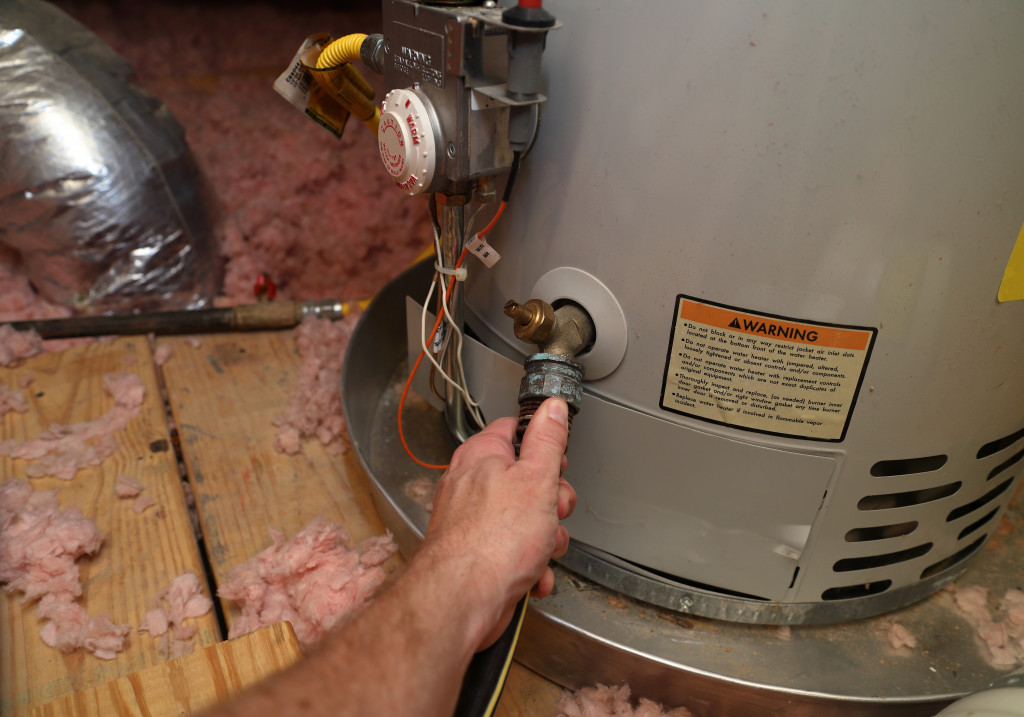Has your boiler been annoying you lately? With the banging sounds in the middle of the night, or the 5 minutes of letting your shower run before the water warms up? If yes, then there are a few things you should know.
These disturbances often mean that there’s a bigger problem at hand. A faulty boiler is not just inconvenient and uncomfortable. It’s potentially dangerous, too. Keep yourself and your loved ones from risk. Here are signs you should consult with a professional about your boiler troubles.
Heating Up Take More Time Than It Used to
This is probably the most attention-grabbing symptom that your boiler can have, as its effects are readily felt. When a quick shower turns into an unnecessarily long one because you’re waiting for the water to heat up, there could be a sediment build-up in the tank. Since it’s an internal problem, it’s best to leave this to the professionals. It’s not ideal to do it yourself unless you have some expertise on the matter. If otherwise, you might cause more damage to your boiler and harm to yourself.
Higher Energy Consumption
Have you noticed a difference in energy readings in your meter or a spike in your bills? This could mean that your boiler is using more energy than it normally does to function properly.
To further your investigation, check your boiler’s AFUE. An AFUE or annual fuel utilization efficiency measures how efficient an appliance is in converting energy over the course of a year. For instance, an AFUE of 85% means 85% of energy in the fuel goes to keeping your home warm while the 15% escapes in gaps and holes of your home.
This is readily available to consumers in choosing their boiler since the Federal Trade and Commission requires the latest models to have their AFUE displayed. Older and less efficient models usually range from 56% to 70% AFUE, while highly efficient ones range from 90% to 98.5% AFUE. If ever you conclude that buying a new one or a furnace is more economical for you, use this for reference.

Boiler Noise
Can’t sleep because of gurgling, banging, or whistling sounds? It could be your boiler. The reason behind the sounds could be some air build-up, something wrong with the water pressure, or maybe a faulty pump. Either way, it shouldn’t be left alone for too long. If left alone, this could lead to expensive repairs in the future or prompt you to replace your boiler altogether.
Visible Leaking
You might think a little pool of water under your boiler is harmless when in reality, it’s a serious problem. It could be a sign of wear, a broken part, or both. The leaks can be caused by corroded pipes or damaged pumps. Regardless of how much it’s leaking, it calls for immediate attention. Putting it off can be dangerous and may cause irreparable damage to your boiler.
Funny Smells In the Air
Have you been noticing funky smells from your boiler? It could be carbon monoxide, an odorless, colorless, and tasteless gas that’s mostly found in burning propane, gasoline, or other fuel. Although you can’t smell it per se, there’s usually a smell of burning or overheating in the air. Another tell-tale sign is nausea, dizziness, or a headache when your boiler is running. This isn’t a problem you can DIY or solve by lighting up some incense sticks. No matter where you look for reassurance online, the answer will always be the same. Call a professional for immediate action.
Total Breakdown
Boilers can sometimes break down due to age, which can leave them irreparable. But even if yours is not old yet has been displaying signs of inefficiency, it’s best to let it go. Replace it with a new one or a new system so you can get your money’s worth and the warmth that your home needs.
Just as you need AC maintenance, you need boiler maintenance too. It should be checked at least once a year by a professional. But if you’re looking to make a switch for your heating system at home, consider installing a heat pump or furnace. Talk with your local manufacturer about viable alternatives that suit your lifestyle and comfort.
Comfort is about having some peace of mind that your home is a safe place for you and your loved ones. This extends to having cost-efficient, energy-saving, and safe systems and appliances in your home. To ease your worries, it’s always best to consult with someone about the next steps or ideal solutions for your home.

